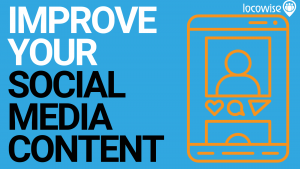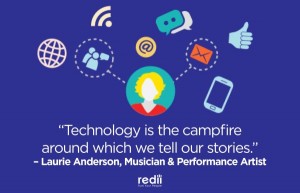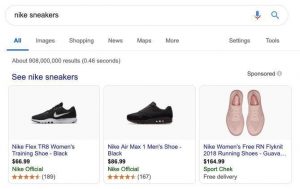The Ad Industry Needs To Stop Being Guilty Of FOFO
by Mike Donahue , Op-Ed Contributor, July 7, 2023
It is critically important that advertisers and agencies acknowledge what they don’t — but absolutely need — to know and not succumb to FOFO, or Fear Of Finding Out.I first coined the concept in an op-ed here in 2017, because the industry needed a term like it to rally around. It’s the only way advertising and marketing executives can improve their business processes, as well as their consumer perception and business financial value over time.
The main reasons why they can’t be guilty of FOFO:
- The future of business is not about the containers of the past.
- Businesses need to actively transform so they can remain competitive and profitable.
- Fear of finding out what engages Millennials and Generation Z because:
- They’re different than Gen Xers and Boomers.
- They’ll be well over 50% of population and sales by 2030 because those born between 1946 and 1979 will leave the planet faster than those born between 1980 and 2010.
- Fear of finding out what differentiates profitable consumers from promotion-only consumers:
- Profitable ones, aka brand loyalists, account for only 10% of total sales, but 50% of profitable sales.
- Loyalists pay full price whereas promotion only users buy only at reduced prices.
- Today there is sufficient first-party data that reveals full price buying versus reduced price-only buying.
- Fear of finding out what creative briefs should include to appeal emotionally to people who are the targets of advertising:
- In 1976, Miller Lite’s introductory advertising appealed emotionally to six-pack-a-night male beer drinkers, who believed lite beer is only for women.
- In 1985, Visa’s new advertising appealed to credit card users who could not use their Amex card everywhere. (Visa:” It’s everywhere you wanna be.”)
- Procter & Gamble and General Mills still require their agencies to use the creative brief I introduced in 1981, because execution of the brief results in FACTS: Focused Advertising Creativity that Sells.
- Fear of Finding Out how recently hired, smart, diverse college graduates can mentor their older mentors about what it takes to engage their diverse communities, so the company that just hired them can do what it takes to appeal to the diverse communities in order to help the company increase diverse sales because the communities really like the companies.
It stands for Fear Of Finding Out, and overcoming it is the only way ad pros can improve their business processes, their consumer perception and the value of their business over time.
(4)







